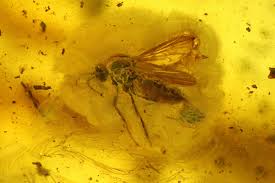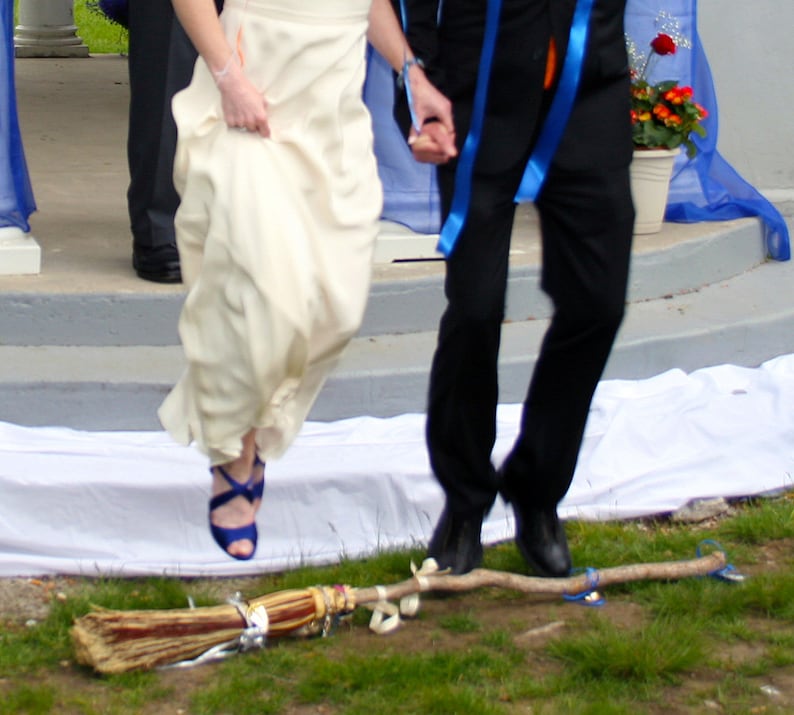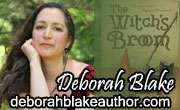
Litha or Lithe?
Back in the 80s, many Wiccans started calling the Summer Sunstead Litha. In a sense, they've got history on their side.
(That's LEE-thuh, with the “soft” th of leather, not the “hard” th of think, though I've also heard LITH-uh, with a "short" i and "hard" th.)*
In the old Anglo-Saxon calendar, June was known as ærra Líða, “before Litha” and July aeftera Líða, “after Litha”. (J. R. R. Tolkien, a proud Hwiccan** lad himself, modernizes these as Forelithe and Aerlithe, but I'll get back to that.) What comes between June and July? Well, given a little wiggle room, and the fact that the Anglo-Saxons reckoned by moons, not by calendar months, it seems fair to assign the word Litha to the summer solstice.
(In the same calendar, December and January were aerra Geol—Foreyule—and aeftera Geol—Aeryule—respectively.)
What the word originally meant, and why it should be assigned to this particular season of the year, is another matter altogether.
Unclear Origins
As an adjective, OE líðe meant “gentle, soft, calm, mild.” I suppose one could read this meteorologically, though personally, I find this (if you'll pardon my earthiness) a pretty limpdick explanation. As a verb—líðan—it means “to go, travel, sail.” Bede of Jarrow mocks up a reading here, claiming that the calm seas of solstice-tide usher in the sailing season. Sorry, sounds contrived to me.
I think that the most solid conclusion to draw here—considering the fact that, folk derivations aside, we don't know where the word “Yule” came from either—would be that Litha's etymology remains unclear.
Still, considering that Midwinter has a folksy by-name of its own—Yule—it's somehow satisfying that Midsummer should have one as well.
(For what it's worth, my own linguist's intuition here is that both Yule and Lithe derive from some solstice-celebrating pre-Germanic cultural substratum, and that neither word has a convincing Germanic derivation precisely because they're non-Germanic in origin. Perhaps time and future research will tell.)
The Lure of the Exotic
It certainly wouldn't be the first Old English word to be adopted lock, stock, and barrel into the Modern Witch vocabulary, Wicca and Eostre being two other prime examples. I strongly suspect that many Wiccans actually like the sense of mystery and exoticism that such archaic forms impart. Still, to my ear, there's something affected, something inauthentic, about using such words in everyday speech.
As a name for the Summer Yule, Líða didn't survive into modern times. If it had, though, and had undergone all the usual sound-changes through the course of the last 1000 years, we can say exactly what it would have sounded like today: Lithe (rhymes with blithe).
Shire-Reckoning
In fact, that's exactly what J. R. R. Tolkien does call it in Lord of the Rings.
The Shire-year of the hobbits features two extended periods of celebration: Yule and Lithe, with the (summer) sunstead itself being known specifically as Midyear's Day. Both holidays are characterized by extended festal periods, known respectively as the Yuledays and the Lithedays.
Though Tolkien himself doesn't use it, I think we can feel justified in coining, by analogy with Yuletide, the term Lithetide: the period of extended celebration between the astronomical solstice and Old Midsummer's Day, what we now celebrate as the Fourth of July. Lithe's thirteen days thus parallel those of Yule.
A Craft of Now
Well, lots of Wiccans apparently like feeling exotic. (Who doesn't like to feel special?) If you want to live in a museum—or, worse, on Renn Fest grounds—year-round, that's up to you.
Me, though, I'm with the hobbits here. I'm all for a Craft that we live and do everyday, not just when we're in circle.
















